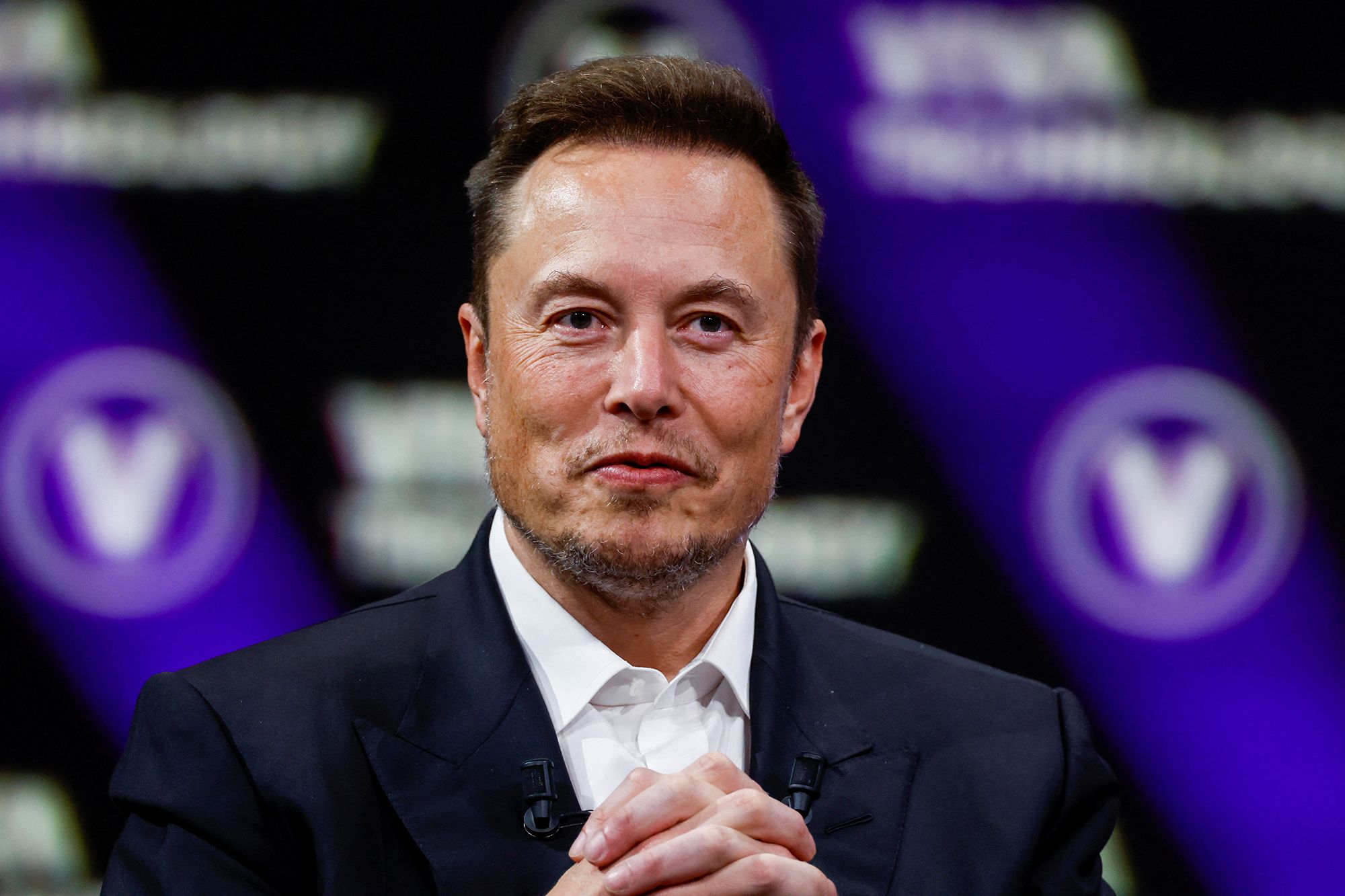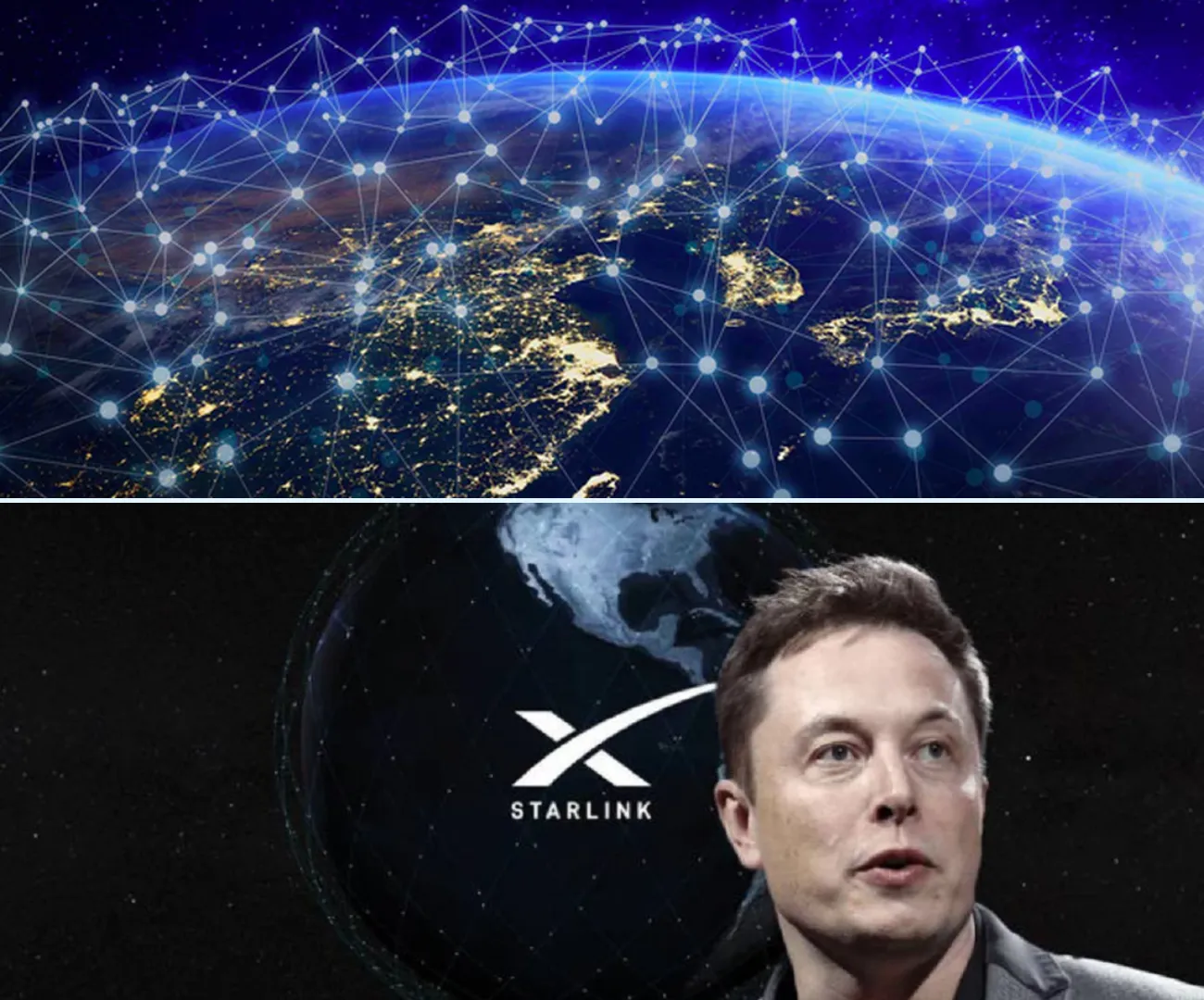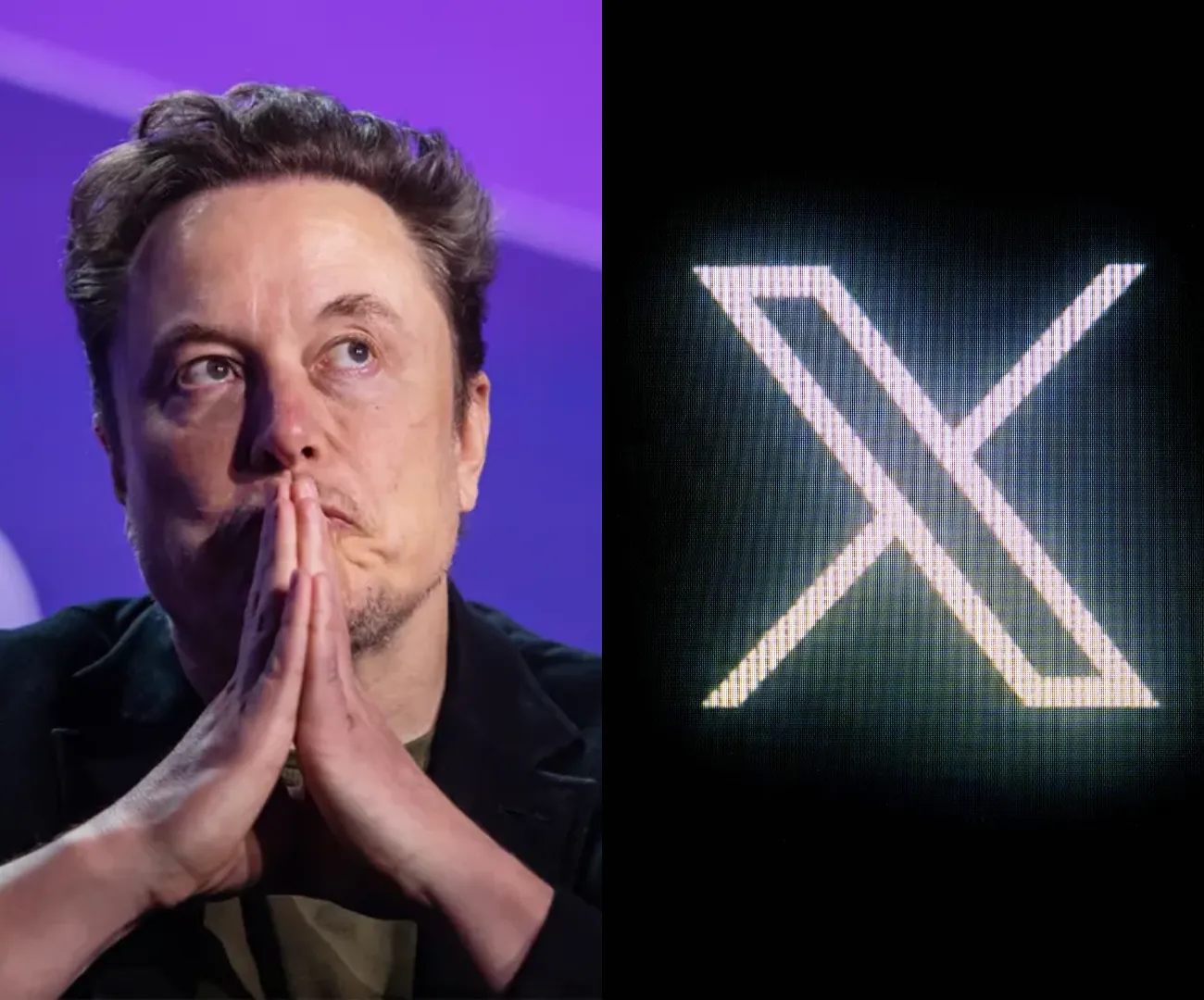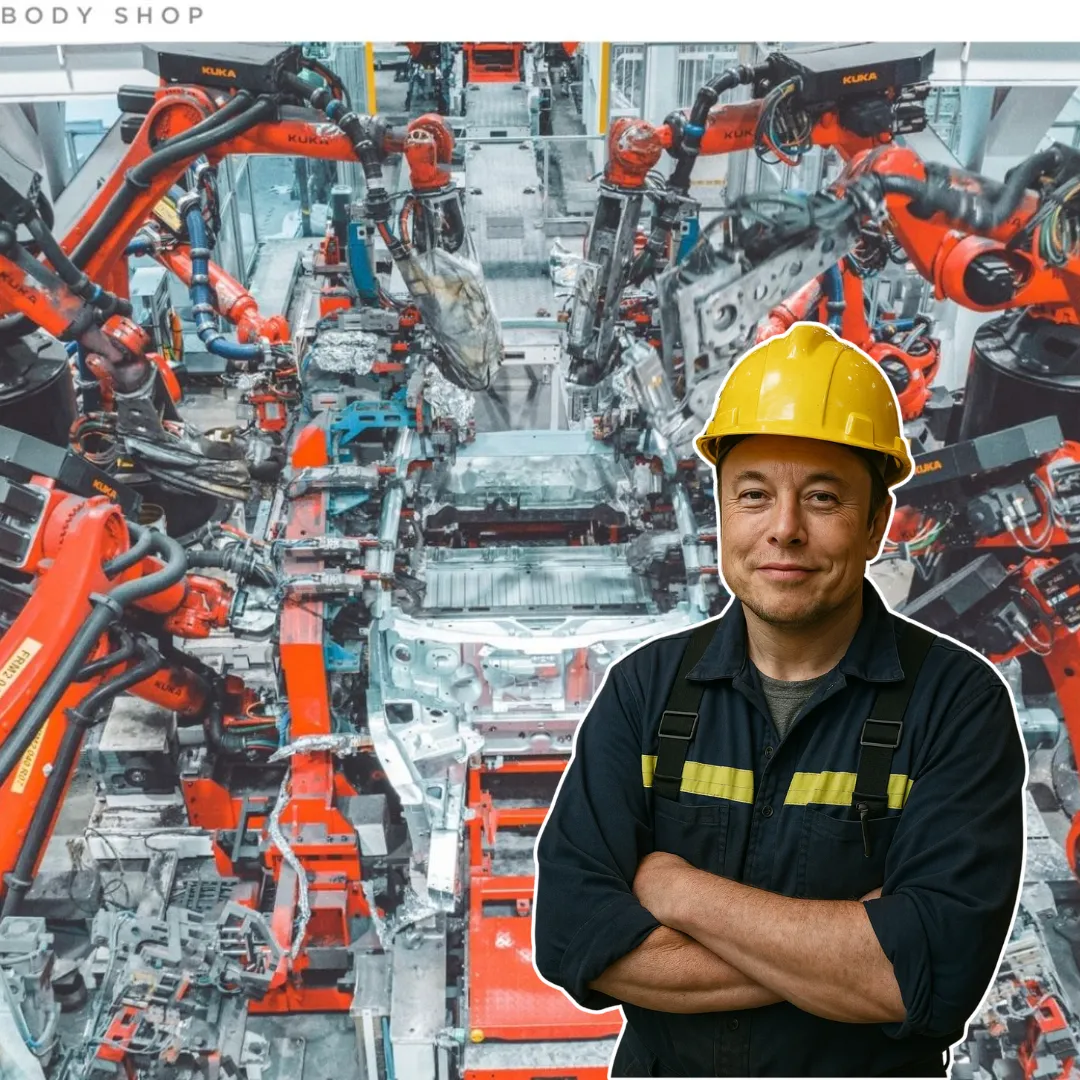
In an unlikely twist of the retail world, Matthew Hiller, an aquarium worker from Hawaii, has managed to generate over $1,000,000 in just four months by selling stickers that express disdain for Elon Musk. Hiller’s online store, MadPufferStickers, which began as a humble side business selling fish-themed decals, now offers a new breed of merchandise targeting Musk's controversial reputation.
The story of Hiller's success is a testament to the power of consumer sentiment, social media dynamics, and how Elon Musk's own actions have influenced public perception in ways he may not have anticipated.
The meteoric rise of MadPufferStickers began in 2023 when Hiller decided to create a sticker that read, "I bought this before we knew Elon was crazy." This cheeky statement was his reaction to Musk's growing prominence in the public eye, particularly after his role in the Trump administration and his management of X (formerly Twitter).
Initially, Hiller's business was relatively small-time, with the aquarium worker selling stickers of fish and other marine life as a side hustle.
However, as Musk’s influence in the tech world continued to grow, so did Hiller’s frustration with him. “Musk was sort of becoming a bully and pushing disinformation,” Hiller reflected. “And due to that, I just didn’t want anything to do with him or his brand.”
While Hiller had once been an admirer of Musk’s work, especially Tesla’s innovative electric cars, he found Musk's actions and political stances increasingly discordant with his personal values. “Some things are more important than just tech, you know, like, I just don’t want to support someone who is so against who I am and what I believe,” Hiller stated. For Hiller, the decision to sell the first anti-Musk sticker was about more than just business—it was about taking a stand.
At first, it was just a small offering, aimed at Tesla owners and fans of electric vehicles who shared Hiller’s disillusionment with Musk’s increasingly controversial public persona. The initial sticker quickly found a market, and soon, Hiller added more designs, including "Anti Elon Tesla Club," "Elon Killed My Resale Value," and the cheeky “Elon Is a Dogebag.”
As Musk’s presence in the political arena intensified—particularly when he became involved in Trump’s presidential campaign—sales of these stickers exploded.

Between January and February of 2023, Hiller’s sales skyrocketed, raking in more than $100,000 over just 30 days. At this point, Hiller had sold over 70,000 stickers, magnets, and other products via popular e-commerce platforms such as Amazon, eBay, Etsy, and Redbubble.
Hiller attributes much of the spike in sales to Musk’s increasing visibility in the news, especially during moments that resonated with his critics.
One key moment came when Musk appeared on stage at a Trump rally. According to Hiller, this event led to a surge in sales, with sticker purchases jumping from 50-100 per day to hundreds per day.
Even more surprising were the reactions to a controversial gesture Musk made at Trump’s inauguration in January, where he appeared to raise his arm in what some commentators likened to a Nazi salute. Hiller’s sales skyrocketed to 500 stickers per day during that time, underscoring just how closely Musk's behavior was influencing consumer sentiment—and consumer purchases.
:quality(75)/2023_11_4_638347304068983484_elon-musk-la-ai-ban-biet-gi-ve-iron-man-cong-nghe-ty-phu-giau-nhat-the-gioi-1.jpg)
Despite the polarizing nature of his products, Hiller found that his market was not confined to the traditional blue states known for their liberal leanings. Initially, the majority of his orders came from California and New York, the heartlands of progressive politics in the United States. However, as Musk’s influence expanded, Hiller began to see orders from more conservative states such as Oklahoma, Missouri, and Montana, as well as from Puerto Rico and a host of countries across the globe.
This geographical spread of his sales underscores a fundamental shift in how Musk’s actions have been perceived. As Hiller’s stickers gained popularity in diverse areas, it became clear that Musk’s divisiveness had reached beyond the traditional political lines.
The sticker phenomenon was not just a niche market for disillusioned liberals—it was a broader movement. Hiller’s ability to tap into that sentiment shows the potential for brands to profit by riding the waves of public discontent.
However, it’s not just the political climate that has influenced Hiller’s success. The growing frustration with Musk’s approach to managing Tesla and X has undoubtedly played a role in shaping public opinion.

For many, Musk has come to symbolize a particular kind of tech mogul—one who is as much a political figure as a business leader. A recent CNBC survey revealed that nearly half of Americans have a negative view of both Musk and his companies. Hiller’s sales reflect that shift in sentiment, coinciding with a dramatic decline in Tesla’s sales figures.
In the first quarter of 2025, Tesla saw a 20% drop in car revenue compared to the previous year—a decline that many analysts attribute not only to consumer anticipation of the new Model Y but also to the growing public backlash against Musk.
Hiller's success is also indicative of a larger trend in the world of consumer goods: the rise of niche products driven by viral social movements. His story highlights how, in an age of social media and real-time information, consumer sentiment can quickly shift and manifest in unexpected ways.
As much as Hiller’s stickers represent a form of protest, they also underscore the degree to which public figures like Musk are now scrutinized for their personal and political actions—and how that scrutiny can affect the bottom line of their businesses.
For Hiller, the sale of anti-Musk stickers is more than just a financial windfall. It’s become a way for him to express his personal beliefs and connect with others who share his frustrations. “I mean, it’s not just a sticker, it’s a symbol,” Hiller said. “It’s a way for people to express what they feel about Musk, and in a way, it’s empowering.”

Hiller’s business model, at its core, reflects a unique intersection of pop culture, politics, and retail. The success of MadPufferStickers shows how consumer behavior is no longer driven purely by a desire for products—but also by a desire to make a statement.
In a world where social media amplifies every controversial comment and action, the potential for profit from public sentiment has never been greater. For Hiller, the stickers have become not just a financial success, but a way to be part of a cultural moment that transcends the simple act of purchasing merchandise.
As we move further into 2025, the impact of Elon Musk’s actions on both his public image and his company’s financial performance will likely continue to unfold. Whether or not Hiller's sticker sales will continue to rise remains to be seen, but one thing is clear: public figures in the modern age must now consider how their personal and political actions influence not only their reputations but also their businesses.
In the world of business, where reputation is often everything, Hiller’s story serves as a reminder of the power of public opinion—and the lucrative opportunities that lie within it.


-1745717242-q80.webp)

